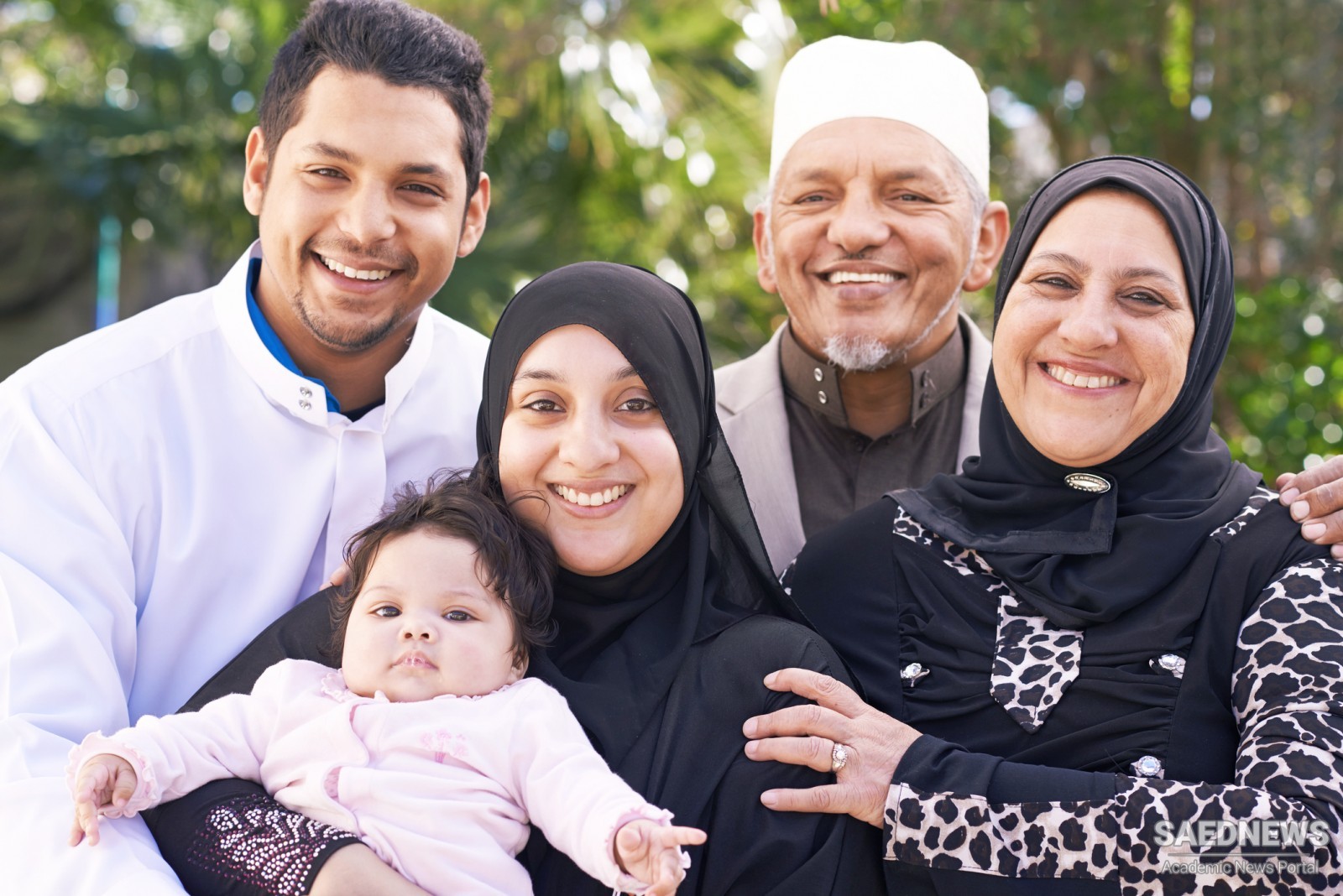'Alaaqa', which comes from the root word (‘a-l-q) which means ‘to cling on to’ describes the next stage when the heart begins to attach itself to the beloved, before evolving into a blind desire 'ishq' and all-consuming love 'shaghaf'. The final stage of falling in love, 'huyum', describes the complete loss of reason.
Interestingly, the most common word for love in Arabic, 'hubb', comes from the same root as the word ‘seed’ – that which has the potential to grow into something beautiful.
The word for heart, ‘qalb’, comes from the root word (q-l-b), meaning to flip or turn something over. Although the word refers to the physical heart, spiritually the root word becomes appropriate when we think of our hearts as something constantly turning over emotions, decisions and opinions. Be careful to pronounce the first letter correctly as the word 'kalb' translates as ‘dog', and is very insulting.
This expansive vocabulary is not just limited to the world of poetry and literature, but also practical life. Arabic is said to have hundreds of words for ‘camel’. For example, ‘Al-Jafool’ means a camel that is frightened by anything; ‘Al-Harib’ is a female camel that walks ahead of the others by a great distance so that it appears to be fleeing.
‘Trust in God, but tie up your camel’ is a great (and practical) Arabic proverb used to express the nature of destiny and personal responsibility. The matter of destiny is also very much embedded within everyday Arabic phrases such as ‘Insha’Allah’ (If God wills). The expression can be used so fervently that, when asking someone’s name, I was once given the response ‘Ahmed, Insha’Allah’.


 Productivity of Arabic Language
Productivity of Arabic Language














































